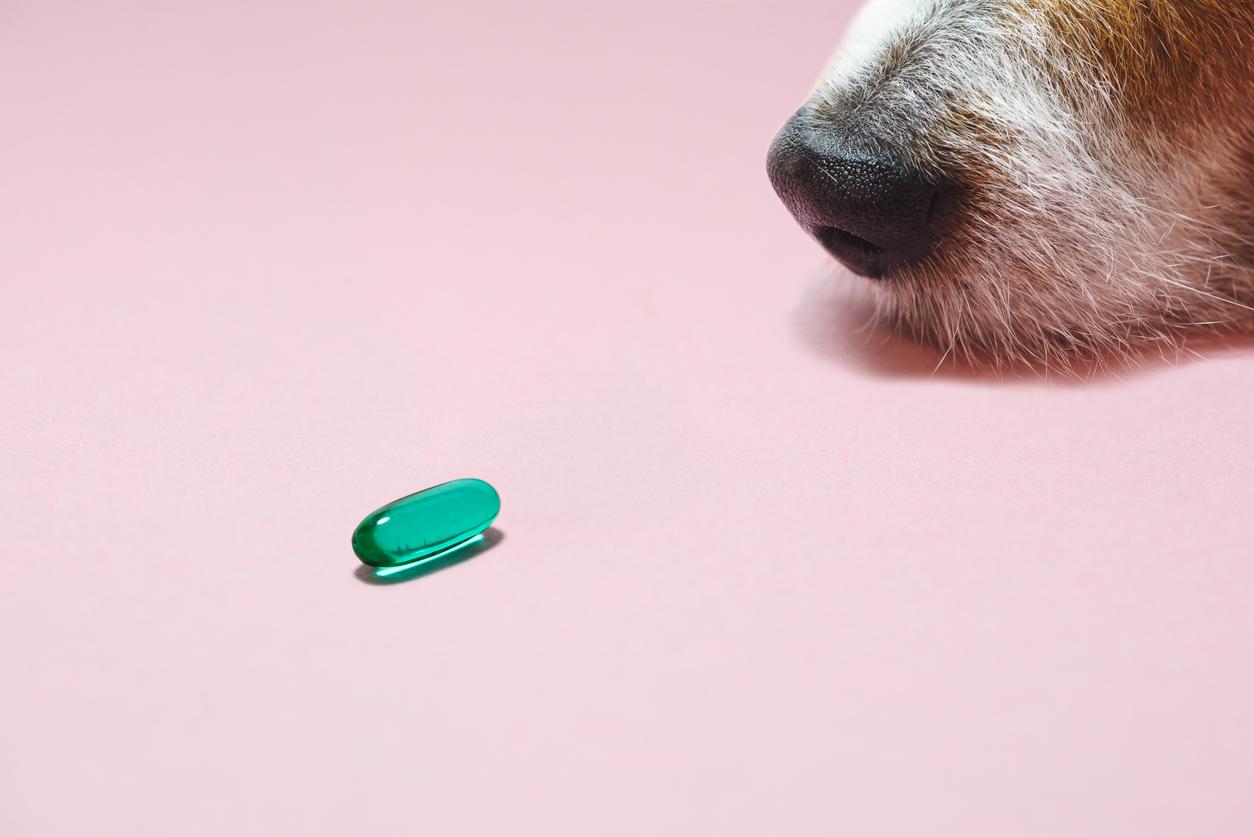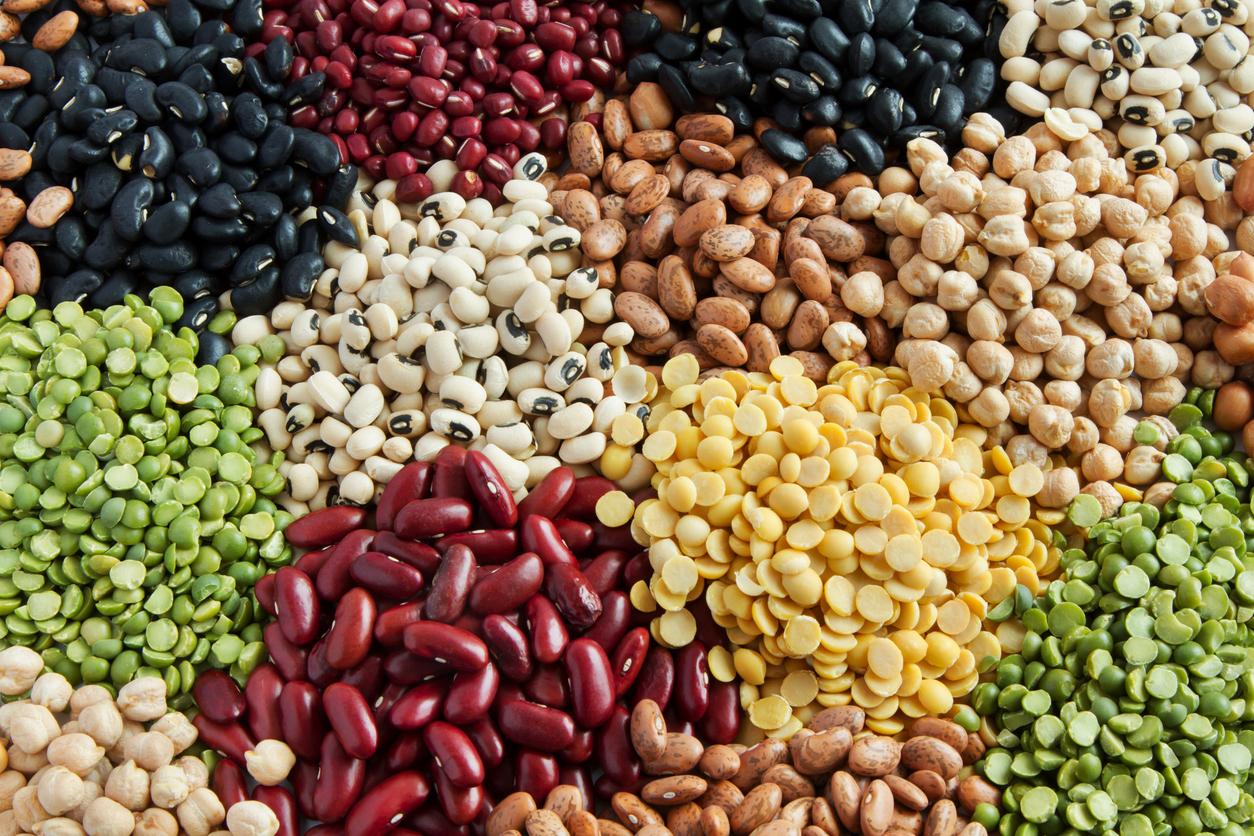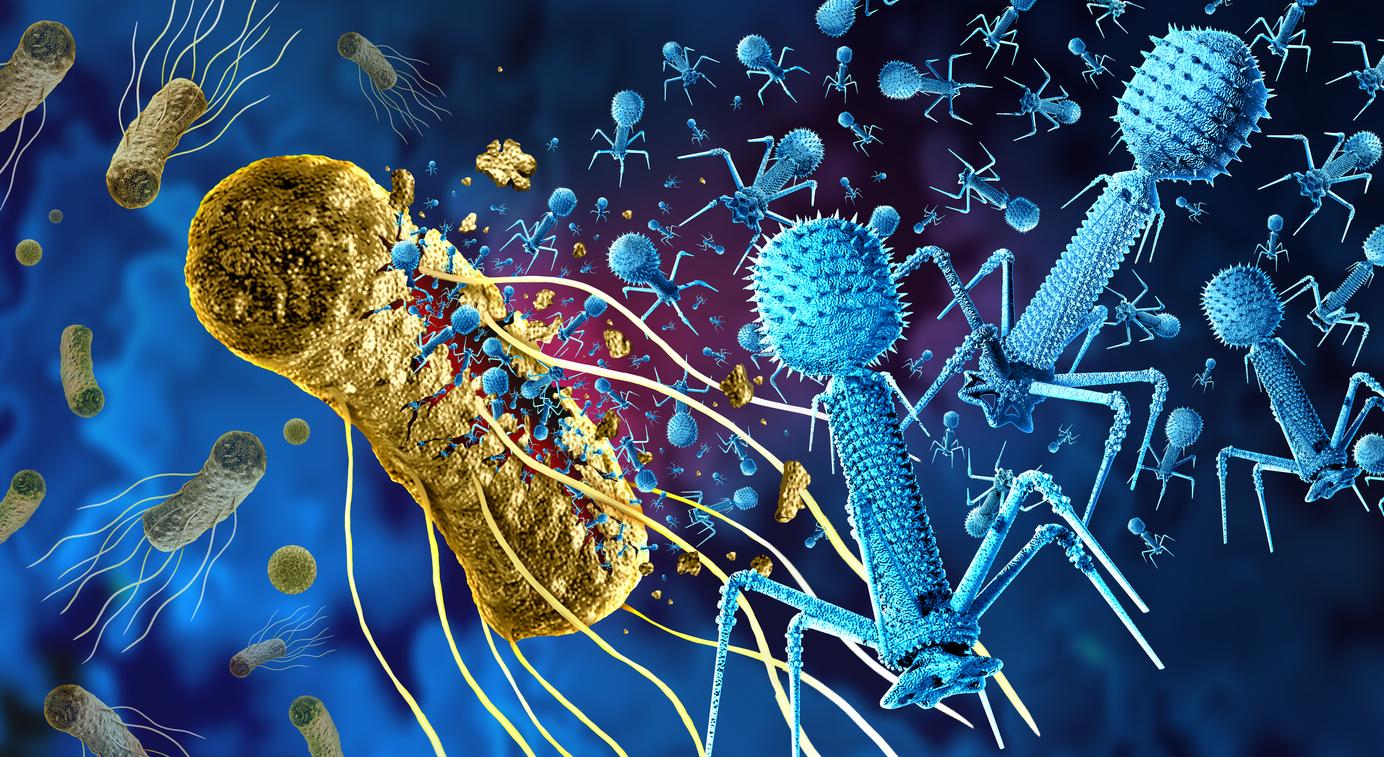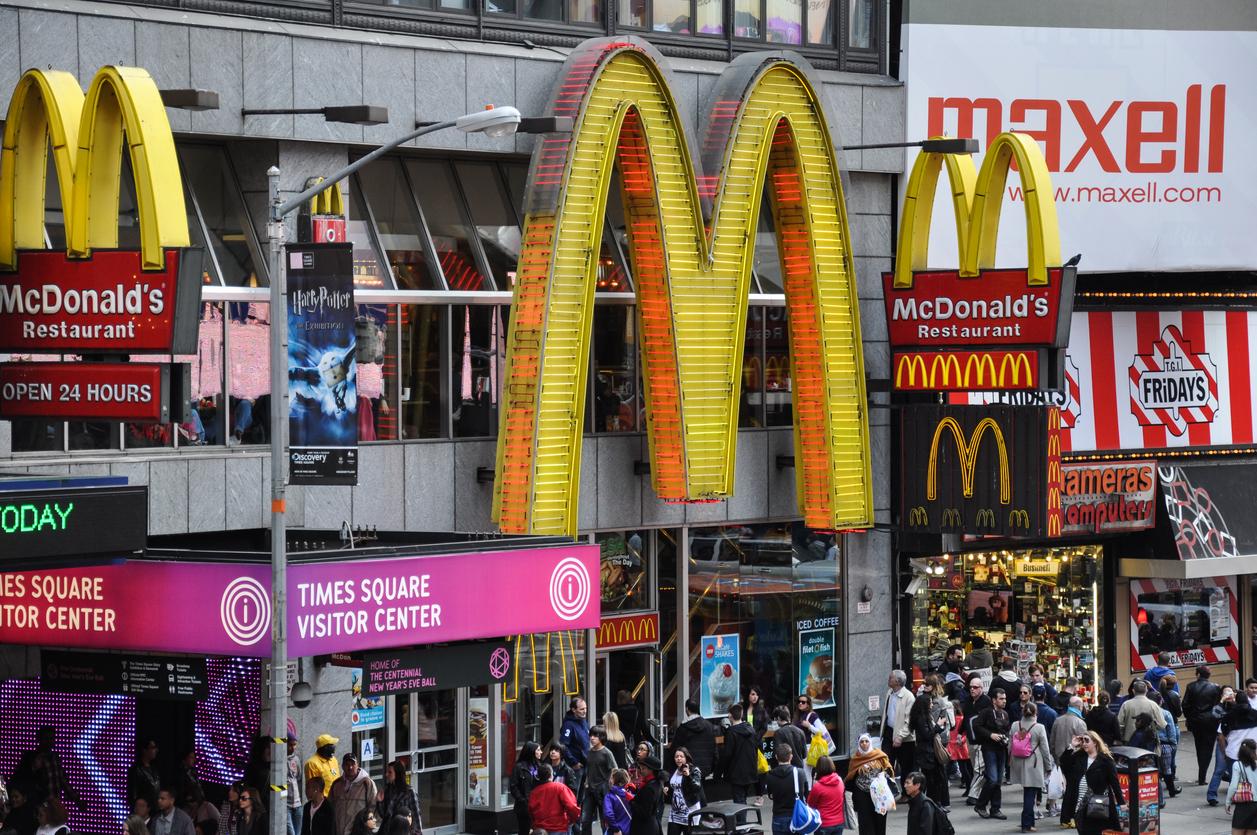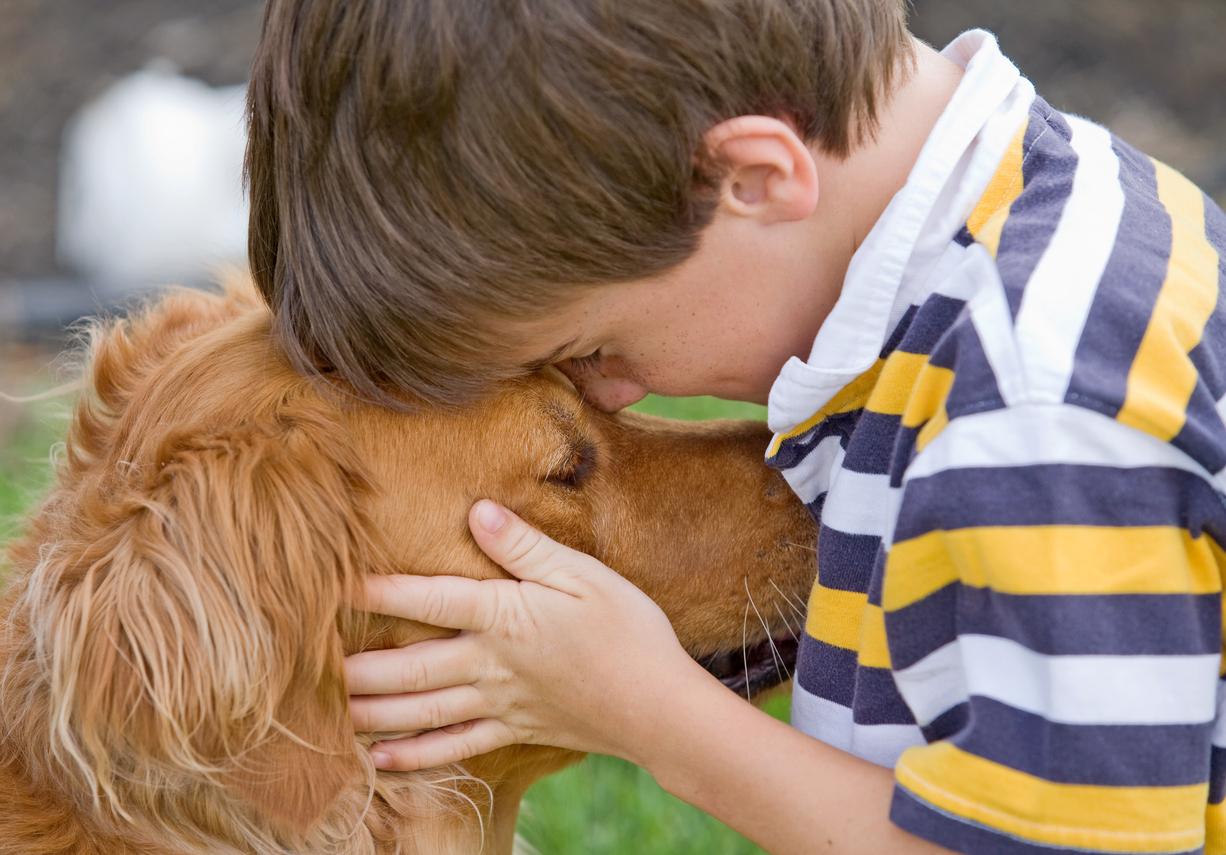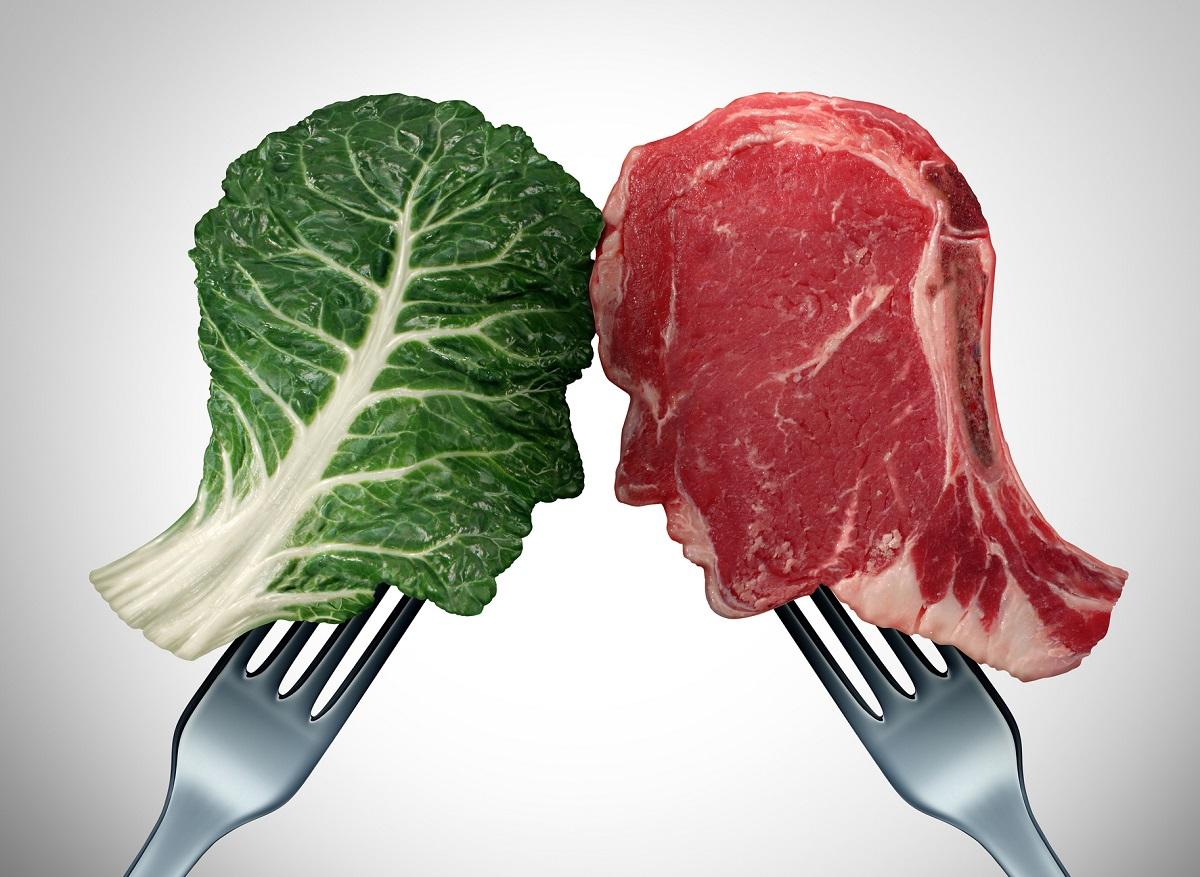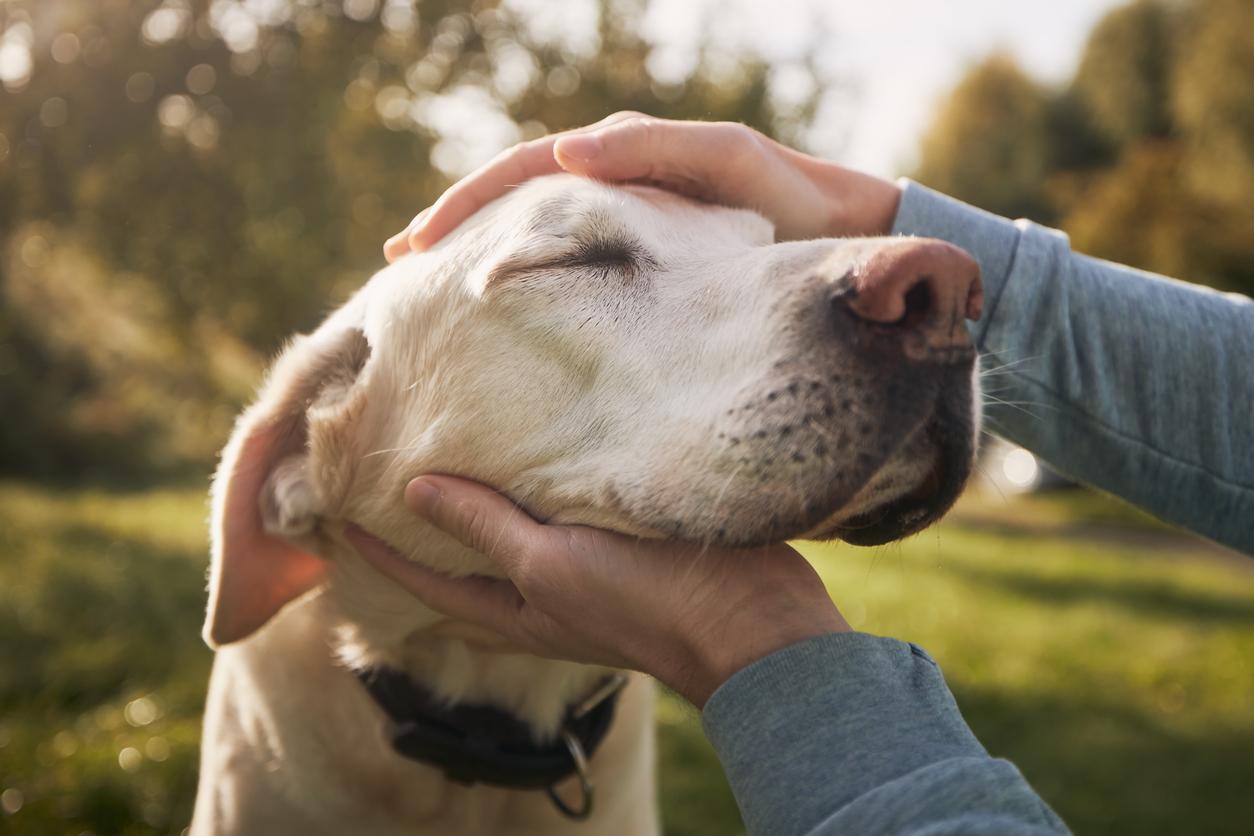Experts warn against the practice of giving raw meat to your dog.
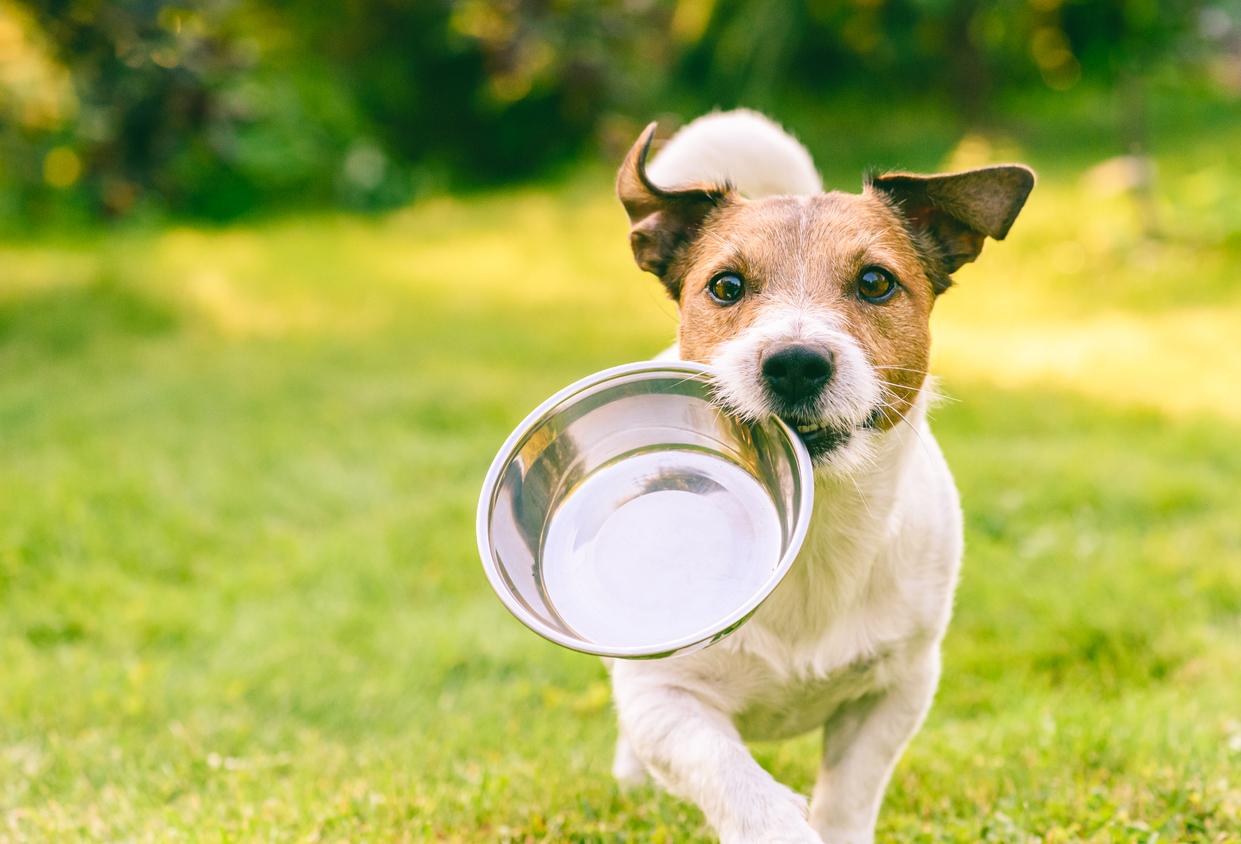
- Feeding dogs raw meat increases their risk of shedding E. coli that is resistant to antibiotics, including ciprofloxacin.
- When dogs shed these resistant bacteria, it is possible that they can be transmitted to their owners and other people.
- For researchers, we must pay attention to the quality of the meat given to dogs.
Many owners are accustomed to giving pieces of raw meat to their dog, thinking that it is a natural and healthy food. However, this practice can have harmful consequences for the health of the pet as well as that of humans.
Feeding our 4-legged friends raw meat increases their risk of excreting E bacteria. coli which cannot be killed by a widely used antibiotic called ciprofloxacin, according to a University of Bristol study published in One Health.
Dog: raw meat promotes development resistant E. coli bacteria
For their study, researchers from the University of Bristol asked the owners of 600 healthy dogs to complete a detailed survey. Participants were asked to provide information about their pet, its diet, daily environment and whether it had been treated with antibiotics. Analysis of microbiological data and the survey confirmed that dogs fed raw meat had a greater probability of excreting E. coli resistant antibiotics, particularly ciprofloxacin.
Professor Matthew Avison who led the study, explains in a communicated : “Raw meat – whether intended for human consumption after cooking or sold as raw dog food – is likely to be contaminated with E. coli resistant to antibiotics. Cooking kills bacteria and good hand hygiene reduces the immediate risk of these pathogens being swallowed and entering a person’s intestines.”

E.coli in dog stools: why is this worrying?
When dogs shed resistant bacteria in their stool, there is a risk of transmission to their owners and other people. Indeed, an individual can be infected by accidentally swallowing particles of E. coli after touching contaminated surfaces or objects. Once in the intestine, these bacteria can stay there for years without causing infection. But if it occurs, it can become dangerous since these pathogens are resistant to antibiotics, and therefore more difficult to treat; vse which means that patients are then more likely to be hospitalized and die.
Professor Matthew Avison explain : “Choosing to feed a dog raw meat means that a person almost certainly must handle the raw meat, and our research is clear that feeding raw also means that owners are likely to interact with a pet that is shedding E. coli resistant“.
According to him, “As part of our response to the emerging antibiotic resistance crisis, companies joining the raw dog food industry should be encouraged to source meat from farms with appropriate antibiotic use policies and to test the presence of resistant bacteria in the product before selling it. Stricter limits should be set on the number of bacteria allowed in meat that is sold to be eaten uncooked than in that sold to be cooked before eating“.









